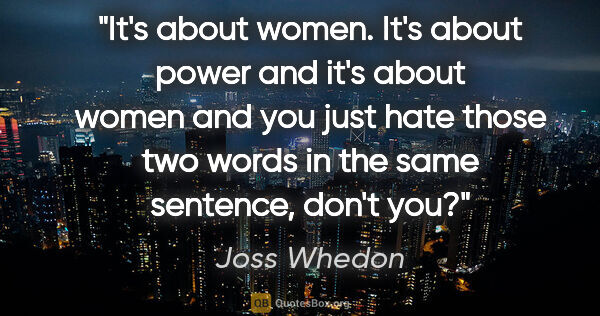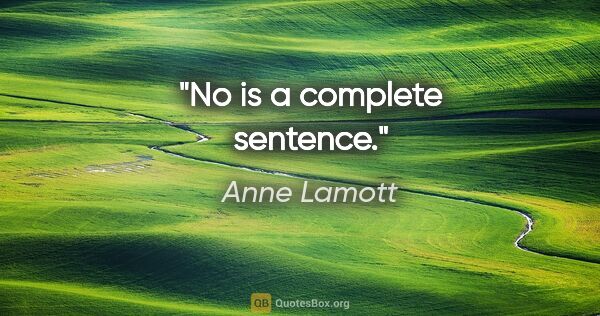Sentence Quotes (page 16)
If we knew thoroughly the nervous system of Shakespeare . . . we should be able to show why . . . his hand came to trace on certain sheets of paper those crabbed little black marks which we . . . call the manuscript of Hamlet. We should understand the rationale of every erasure and alteration therein . . . without in the slightest degree acknowledging the existence of the thoughts in Shakespeare’s mind. The words and sentences would be taken, not as signs of anything beyond themselves, but as...
William James

...guided the sentence that was drawing to an end towards that which was waiting to begin, now hastening, now slackening the pace of the syllables so as to bring them, despite their difference of quantity, into a uniform rhythm, and breathed into this quite ordinary prose a kind of life, continuous and full of feeling.
Marcel Proust
Her companion's discourse now sunk from its hitherto animated pitch, to nothing more than a short, decisive sentence of praise or condemnation on the face of every woman they met; and Catherine, after listening and agreeing as long as she could, with all the civility and deference of the youthful female mind, fearful of hazarding an opinion of its own in opposition to that of a self-assured man, especially where the beauty of her own sex is concerned, ventured at length to vary the subject...
Jane Austen
The managing editor shared Bernstein's fondness for doping things out on the basis of sketchy information. At the same time, he was cautious about what eventually went into print. On more than one occasion, he told Bernstein and Woodward to consider delaying a story or, if necessary, to pull it at the last minute if they had any doubts. 'I don't care if it's a word, a phrase, a sentence, a paragraph, a whole story or an entire series of stories,' he said. 'When in doubt, leave it out.'-- Carl...
Carl Bernstein
Today, information: pulverized, nonhierarchized, dealing with everything: nothing is protected from information and at the same time nothing is open to reflection -> Encyclopedias are impossible -> I would say: the more information grows, the more knowledge retreats and therefore the more decision is partial (terroristic, dogmatic) -> “I don’t know,” “I refuse to judge”: as scandalous as an agrammatical sentence: doesn’t belong to the language of the discourse. Variations on the “I don’t...
Roland Barthes
